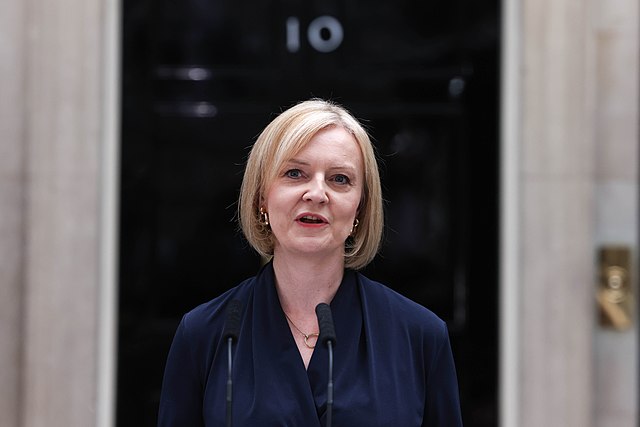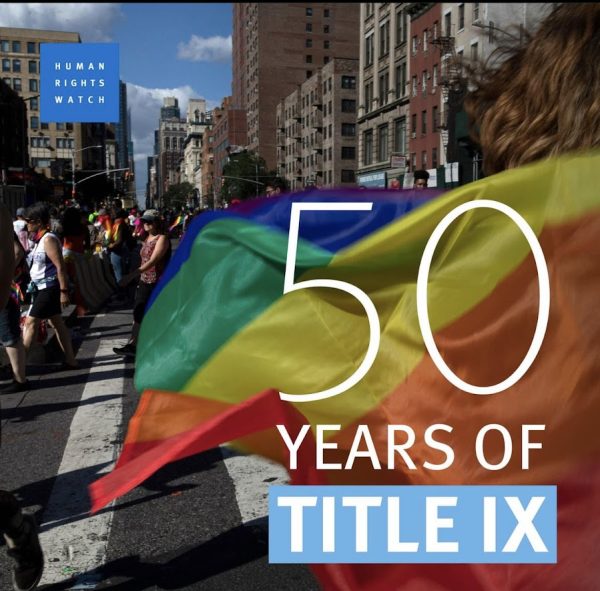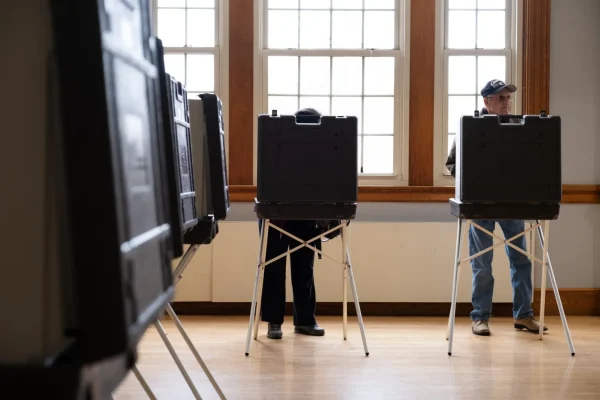Who is Liz Truss, Britain’s newest Prime Minister?
Photo courtesy of Wikimedia Commons.
Prime Minister Elizabeth Truss, London, June 8, 2022
Elizabeth Truss, known as Liz Truss, was appointed as Prime Minister on Sept. 6 after defeating former chancellor Rishi Sunak with 81,326 to 60,399 votes and winning the Conservative Party leadership election. She will replace Boris Johnson as the U.K.’s prime minister.
Upon winning, Truss promised a “bold plan” to cut taxes and build economic growth; she said that she would “deliver on the energy crisis, dealing with people’s energy bills but also dealing with the long-term issues Britain has had on energy supply.” Truss’ declarations come as Britain faces a growing economic and social crisis.
Truss’ platform, which includes a hard line against the EU on Brexit and tax cuts to solve the cost-of-living crisis occurring in the country, proved to be decisive points for many that allowed her to win against Sunak. At the same time, critics have accused her hardline Brexit stance as a new ploy; critics point out that throughout her life, her views have evolved from an anti-monarchist Liberal Democrat who originally wanted to legalize drugs, into the epitome of Britain’s modern Conservative right.
Truss has been largely compared to Margaret Thatcher, who has been widely regarded as the benchmark for Conservative leadership. Thatcher, who played a large role in ending the Cold War, was a “tax-cutting, hard-nosed leader who took on the unions… like Thatcher, Truss has come from relatively humble beginnings to dominate a world inhabited largely by men,” according to an article from CNN.
She was previously appointed Secretary of State for Foreign, Commonwealth and Development Affairs on Sept. 15, 2021 and Minister for Women and Equalities on Sept. 10, 2019.
Truss studied philosophy, politics and economics at Merton College in Oxford. Her career started in 2010 when she entered parliament as the Conservative Member of Parliament for southwest Norfolk, and two years later she was appointed Parliamentary Under Secretary of State for Education and Childcare.
She is Britain’s third female prime minister and the 15th prime minister to serve the late Queen Elizabeth during her 70-year reign. The queen had invited Truss to form a new government, an important constitutional duty of the queen and a step in the transition of power, just two days before she died on Sept. 8. This meeting marked the queen’s last major constitutional action.
The U.S. State Department congratulated Truss upon her win, noting that the department looks forward to working with the new UK prime minister “on a range of important priorities, including continued support to Ukraine in the face of Russia’s war.”
President Joe Biden also personally called the new Prime Minister to give her his congratulations. During the call, the two leaders reaffirmed the U.S. and U.K.’s “special relationship” while also expressing readiness to further strengthen those ties. Biden and Truss further discussed the importance of close cooperation on a multitude of global challenges including those posed by China, preventing Iran from acquiring nuclear weapons, securing sustainable and affordable energy resources, and supporting Ukraine.






